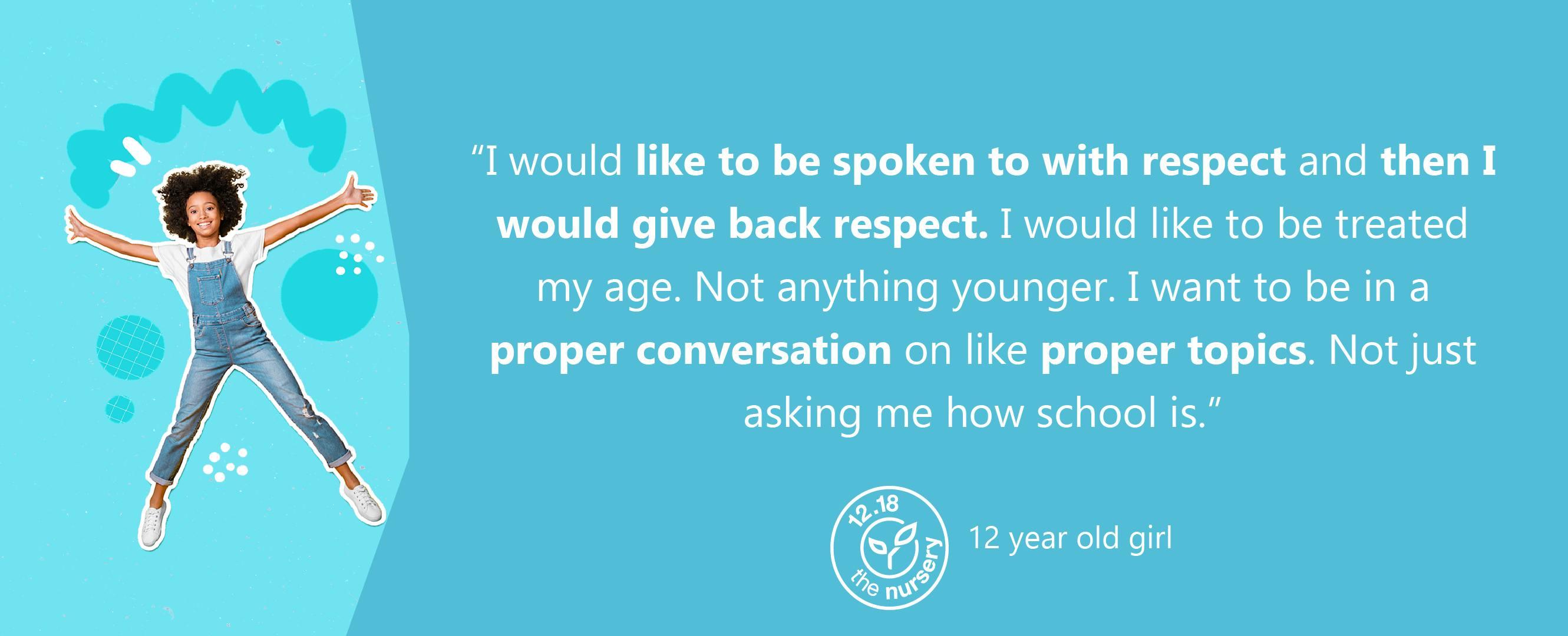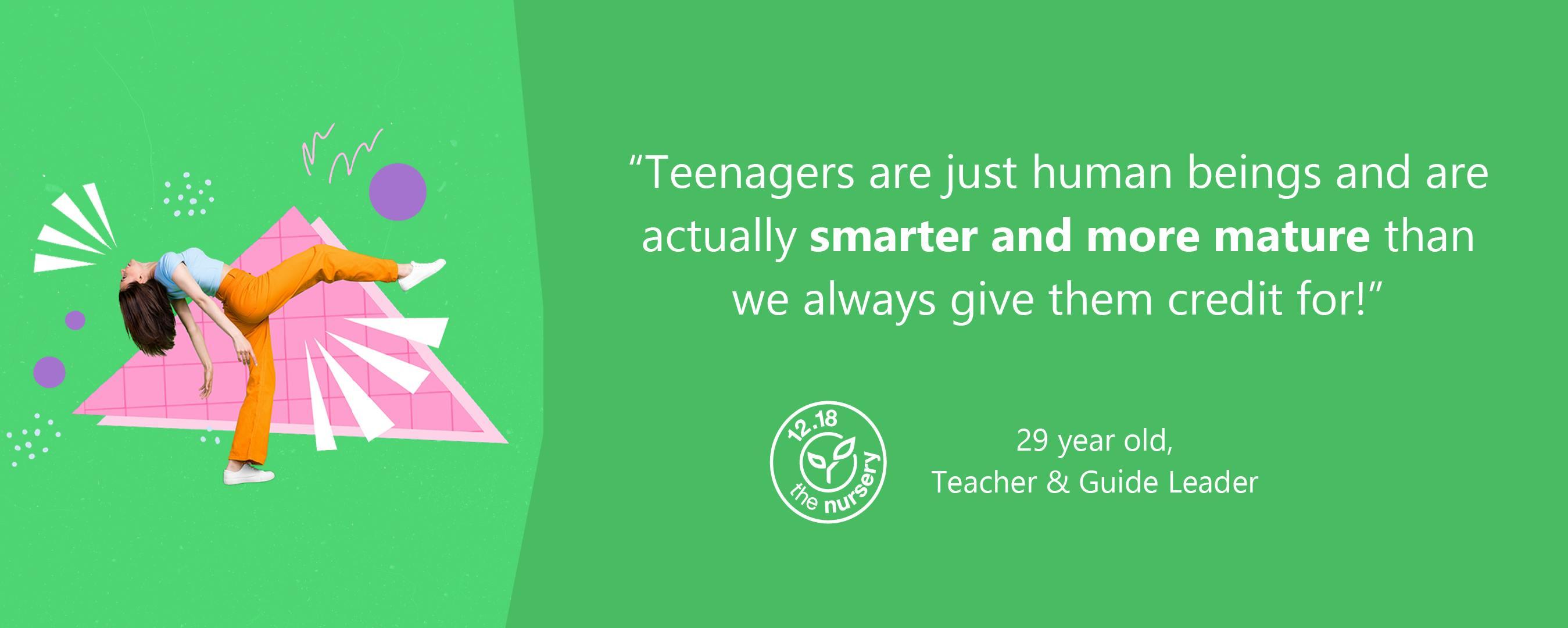Lazy, grumpy, unsociable, addicted to their phones, absorbed by social media – all were referenced first in a recent “tell us what comes to mind” poll of adults when asked to describe today’s teenagers. The gist was try talking to them and you may get little more than a grumble or one word answer. If you’re lucky.
But the fact is that they’re only hard to talk to if … they don’t want to talk you (yes, that includes you, Mum and Dad).
Or if you’re trying to talk to them in the wrong way...

Stepping into their Crocs / Converses / Jordans
We should never lose sight of where teenagers are at developmentally. Teen brains are learning how to adapt to new relationships and situations, to near constant to social interaction, to experiencing and dealing with stress. They are physically changing, developing as individuals, forming viewpoints, and understanding who they are and their place in the world.
Growing up in the 2020s compounds these challenges. The disruption from covid, the high cost of living and the inescapable pressures of social media are issues this teenage cohort have faced and continue to live with.
As teen psychotherapist Stella O’Malley says:
“It’s a lot harder to be a teenager now than it was in the past. Today’s adolescents have a lot of privileges, a lot of opportunities, and a lot of freedoms that we didn’t have – but they also have so many pressures. And those pressures are complex. No wonder so many end up with anxiety…”
But these complexities also make them deep and insightful social commentators. Teens can be remarkably creative, imaginative and honest. Their ideas and open minds should inform and inspire us. It’s just about unlocking what they can bring.
So how should we talk to teens?

When launching 12.18 at The Nursery, we spoke to a number of teens (and those who work with them), up and down the country about a variety of topics, from their views on social media and tech, to their attitudes to education and their views on teenage lives today.
We ultimately wanted to understand how to encourage teens to open up and share what’s truly on and in their minds, pushing beyond the mumbles, the whatevers and the don’t cares, the apparent IDGAF insouciance.
It was clear across all these discussions that teens are wholly aware of, and sensitive to, stereotypes that society and older generations put on them. They often feel judged, sometimes misunderstood - how they connect with their peers, how they choose to express themselves and in the choices they make. In a world where every action they do is open to judgement – thanks, social media – it’s important that we create an environment where they feel comfortable, at ease. There should be a palpable sense of mutual respect, of a more ‘level playing field’.
Because if one common theme prevailed above all across this age group, it was this: if you patronise me, don’t expect to see the best of me. Teens are happy to acknowledge that they are not yet adults and, in fact, they have high expectations of the adults in their lives. Nevertheless, they have enough “life stuff” in the bank already to hold their own in conversation, to make decisions for themselves and offer opinions. They want to be neither babied nor judged but have a meaningful role in a process.

The researchers at 12.18 have moved overtly to a place of acknowledgement, not judgement. We respond to teen preferences to create open, welcoming, inclusive spaces. We let them know why they’re there and we tell them what we need from them. We create a sense of expectation and energy behind every conversation. This is genuine collaboration and it brings out the inspiring thinking from teens that creates and improves ideas and unlocks potential that groups of adults can never get to. It’s a world away from mumbles and grumbles.
If you want to find out more about research with teenagers and our approach, get in touch us with the 12.18 team at hello@the-nursery.net